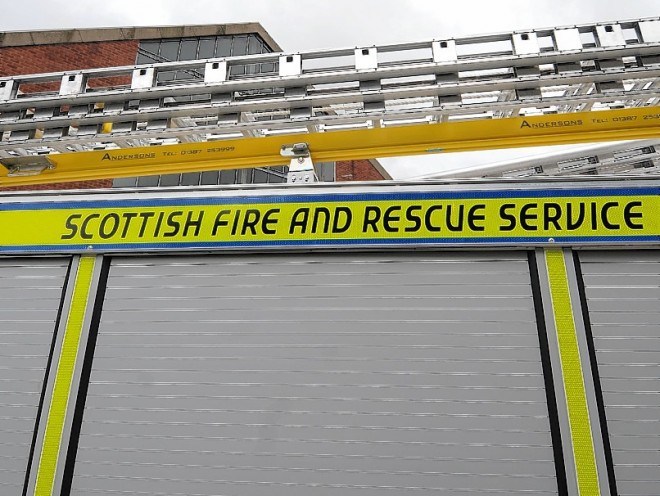Fire chiefs in Aberdeen have failed to hit their targets in key areas, such as tackling the number of accidental house fires.
But despite not being successful in reducing the numbers between April and August, the fire service has however hit its goals in other areas – including reducing deliberate fires and cutting down blazes in non-domestic properties.
In their local performance report for Aberdeen, the fire and rescue service has given itself a “red” rating for its success in lowering blaze-related casualties and fatalities and reducing accidental house fires.
This means their performance in these areas is at least 10% worse on average over a five-year period.
A report to be heard by the city’s communities, housing and infrastructure committee next week notes there have been no fire-related fatalities in the city in the past five months but casualties have risen.
It states: “Our analysis suggests that this increase was influenced by, and can be attributed to three specific incidents (two dwelling fires and one retail premise fire) in which there were multiple casualties in each and may not therefore be due to continual increasing numbers of incidents resulting in casualties.
“97% of all fire casualties suffered only slight injuries, the vast majority being due to the effects of breathing smoke.”
On accidental house fires it reads: “Over the five-month reporting period, there has been an increase in the overall number of accidental dwelling fires. However, we would wish to highlight that the longer term trend in the numbers of accidental dwelling house fires continues to demonstrate a positive direction of travel.”
Yesterday committee convener councillor Neil Cooney said that the accidental blazes were the type of fire that was hardest to reduce.
He said: “I think that our fire service is a very professional and dedicated body.
“They have to be applauded for all the hard work they’ve put in around the city in reducing fires generally.
“These statistics come from an area that’s very difficult for firefighters to tackle.
“No matter how much education you do it’s hard to stop accidental fires because they’re, by their nature, an accident. ”
A fire service spokesman declined to comment until the report goes to the committee.
